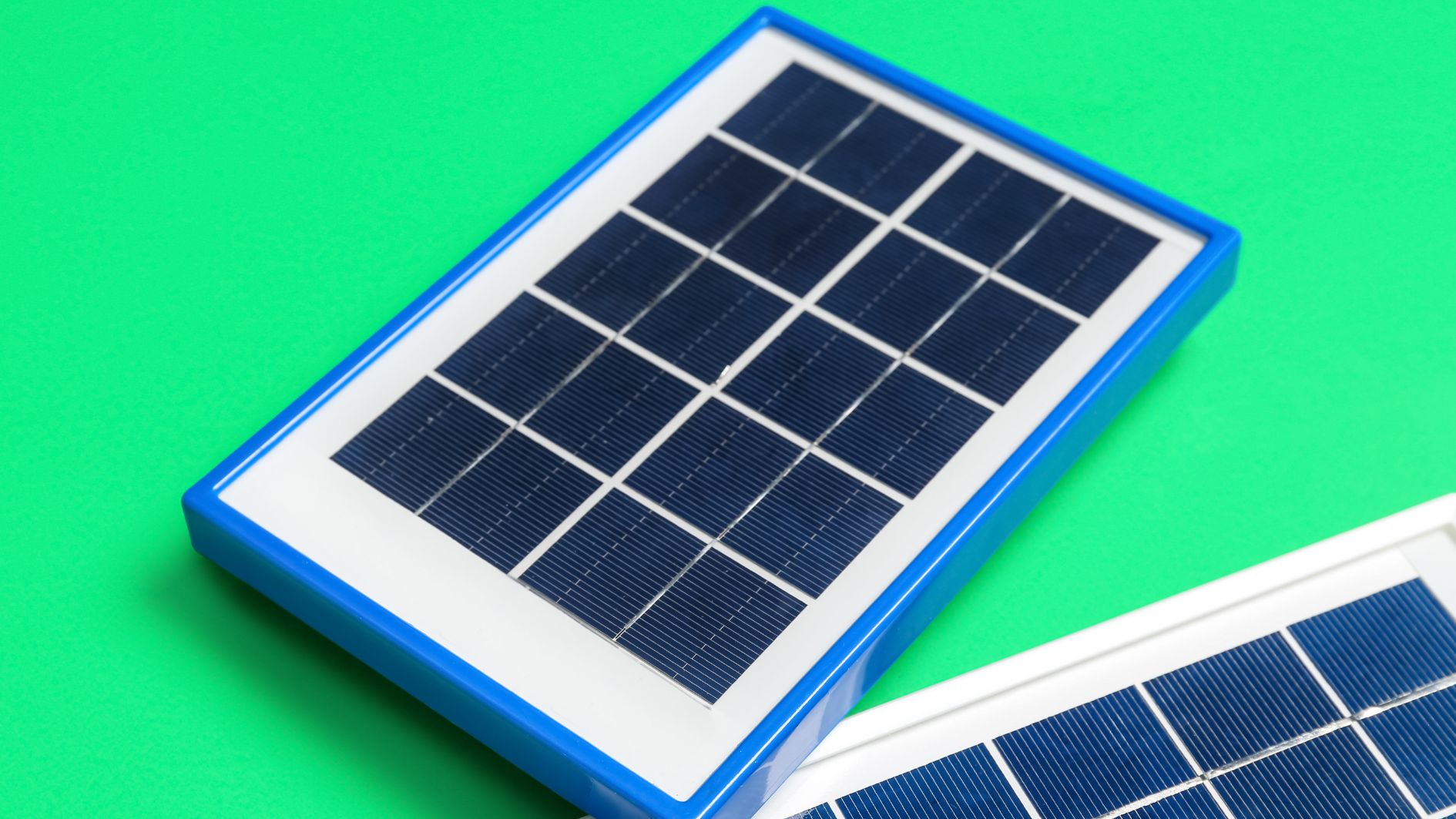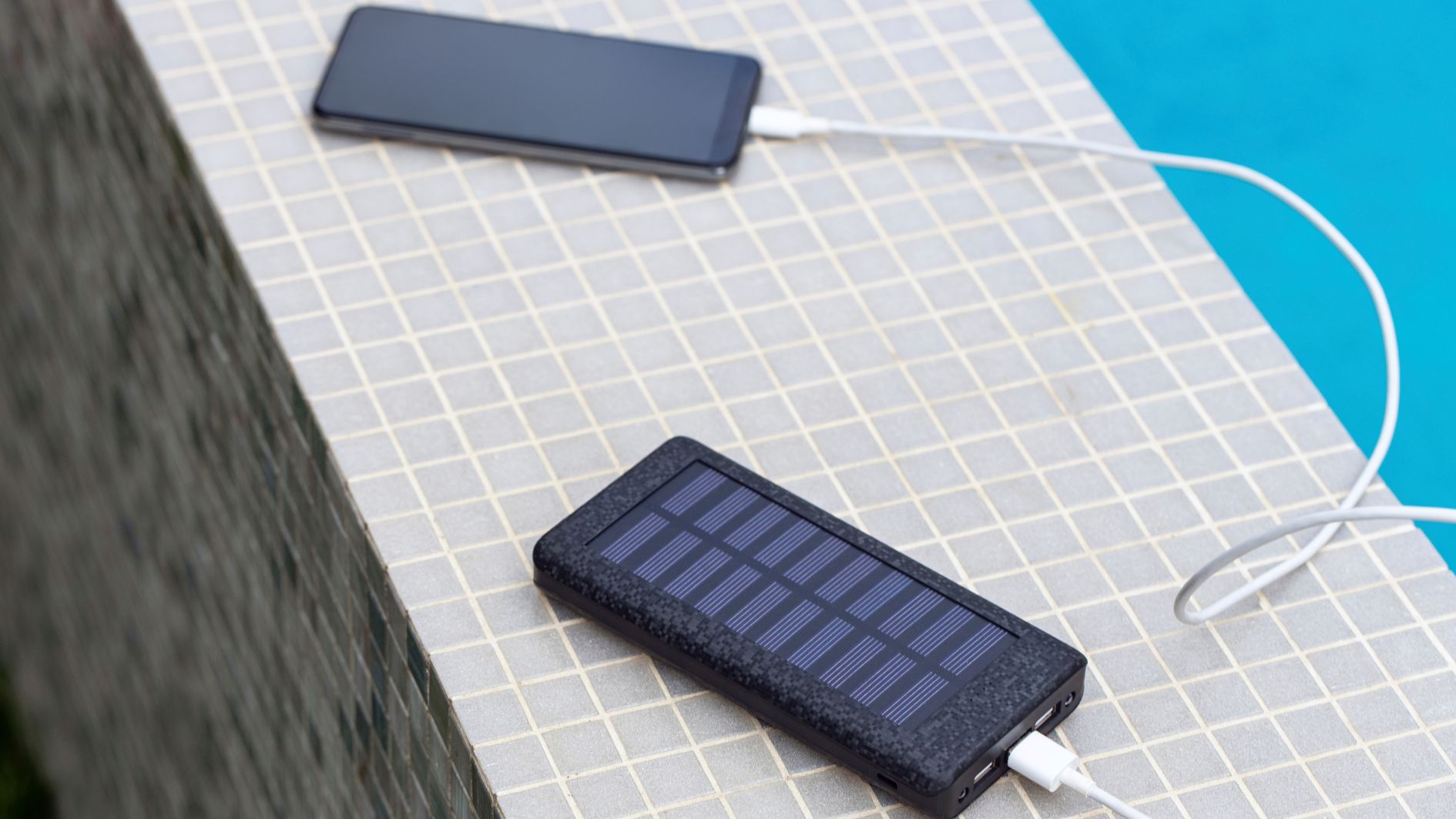Image source: Canva.com
Keeping your phone charged while on the go can be a challenge – nobody enjoys the hassle of searching for an available outlet or being tethered to a charging cord. Whether you’re traveling, camping in the wilderness, or simply spending the day out and about, having a reliable way to power your phone is essential. A solar phone battery charger provides a practical and eco-friendly solution to this problem.
By harnessing the power of the sun, a solar charger allows you to keep your phone charged without needing access to conventional power sources. These chargers are designed to be portable and efficient, converting sunlight into electrical energy that can be stored in a battery and used to recharge your phone whenever needed. With a solar phone battery charger, you can enjoy the freedom of exploring new places, participating in outdoor activities, or managing your day-to-day tasks without worrying about your phone running out of power. This technology not only reduces your reliance on traditional electrical outlets but also contributes to a more sustainable and environmentally conscious lifestyle.

Solar Power on the Go: A Review of Portable Solar Panels in 2024
How Solar-Powered Cell Phone Chargers Work

You don’t necessarily need to install solar panels on your roof or join a community solar farm to harness renewable solar energy. Instead, you can begin with a small-scale solution – like a solar-powered phone charger.
Solar phone chargers operate using similar technology to standard solar panels but on a smaller scale. When sunlight strikes a small solar panel, it either charges a built-in battery bank or directly powers your phone, mirroring how rooftop solar panels can provide direct power to your home or charge a battery system.

What to Consider When Choosing a Solar Phone Charger
Size/Power
The size of the charger directly impacts its power output, measured in watts. For charging one or two phones, a charger between 10 and 15 watts is typically sufficient. Larger panels generally produce more solar electricity.
Type
Direct Phone Chargers
These compact units feature small solar panels that you can directly plug into. They operate only when exposed to sunlight since they lack a built-in battery for storing electricity.
Panel/Battery Combo Chargers
These models include both solar panels and a built-in battery. You can charge the battery during sunny periods and then use it to charge your phone later, offering flexibility in usage.
Portability
Solar chargers are designed for on-the-go use, so portability is key. Look for models that are lightweight, foldable, and easy to transport. They should be convenient to hang off a backpack during outdoor activities or place on a car dashboard.
Compatibility
Ensure the charger is compatible with your devices. Most come with a USB port that works with various phones, but verify compatibility to avoid any connection issues.
Choosing the right solar phone charger involves balancing these factors to find a model that fits your power needs, lifestyle, and travel habits effectively.
Common Questions About Solar Phone Chargers
Will my solar phone battery charger charge my portable GPS device?
Yes, most likely! Just ensure compatibility before charging. A solar charger serves as a reliable backup power source for your backpacking GPS.
Is it okay to travel with my solar phone battery charger?
Yes, these chargers are designed for travel, including backpacking and camping. However, avoid packing your solar phone battery charger in checked luggage when flying, as electronic devices of this nature are typically restricted.
Is it safe to hang my solar phone battery charger off my backpack?
Yes, you can hang it off your backpack for convenient charging while walking or hiking. Ensure it doesn’t hinder your movement and stay mindful to avoid damaging it.
Discover the Benefits of Solar Panel Installation
Solar energy offers more than just phone charging capabilities! Explore options for home solar installations, use our Solar Calculator to estimate potential savings based on your property’s specifics.





